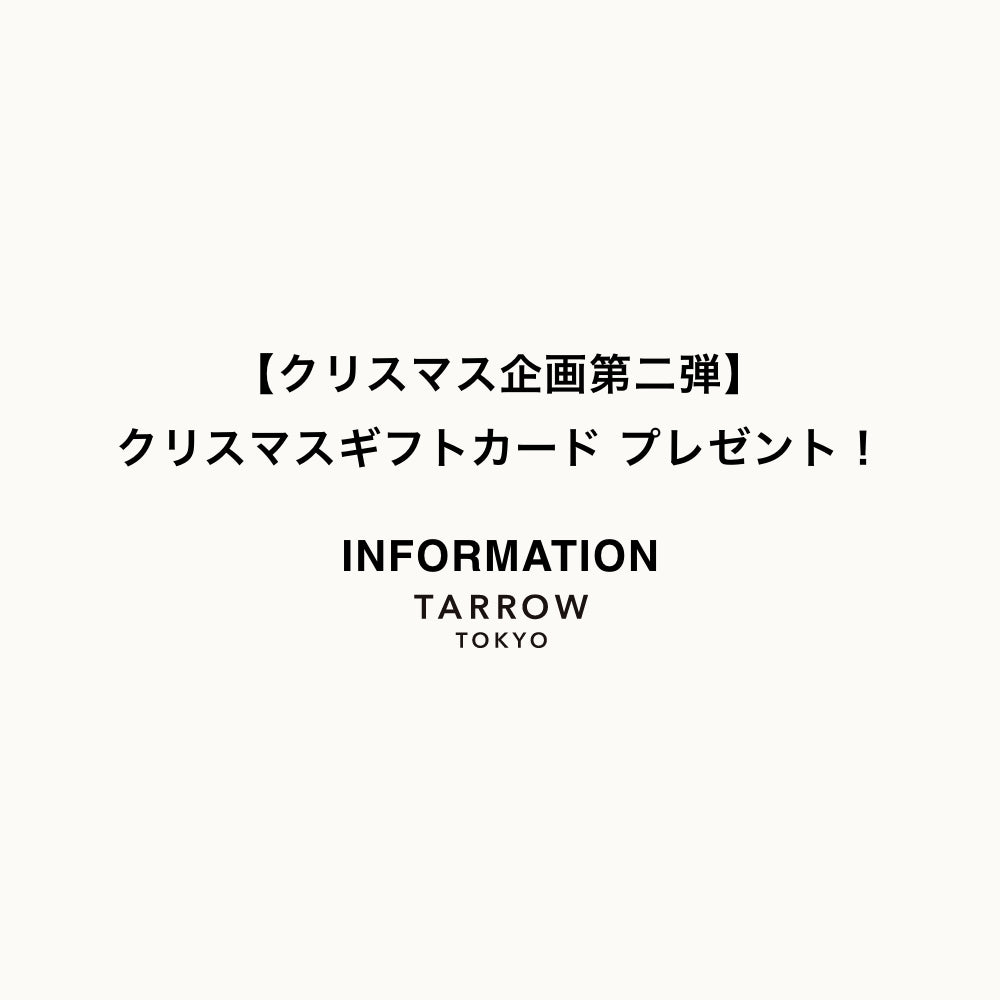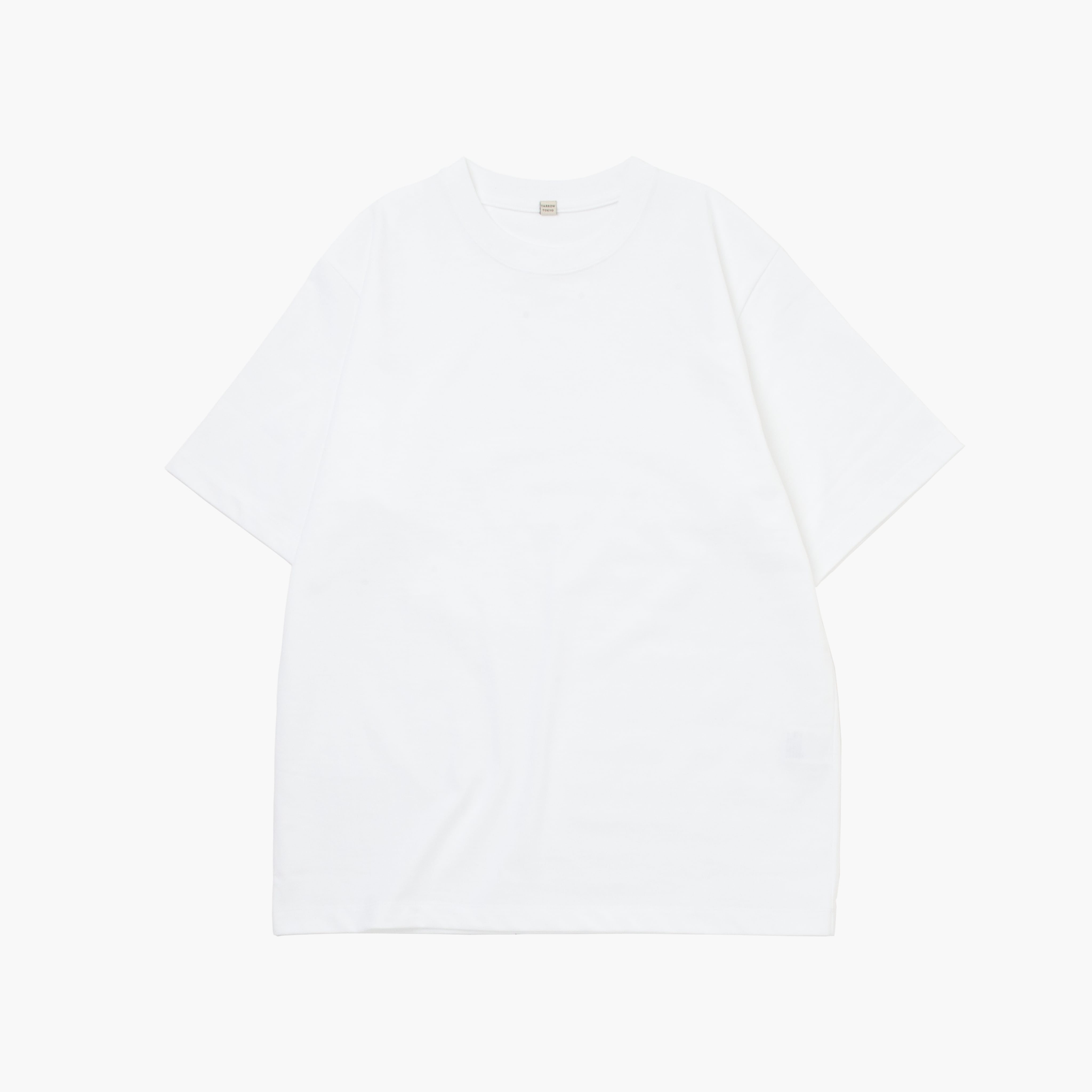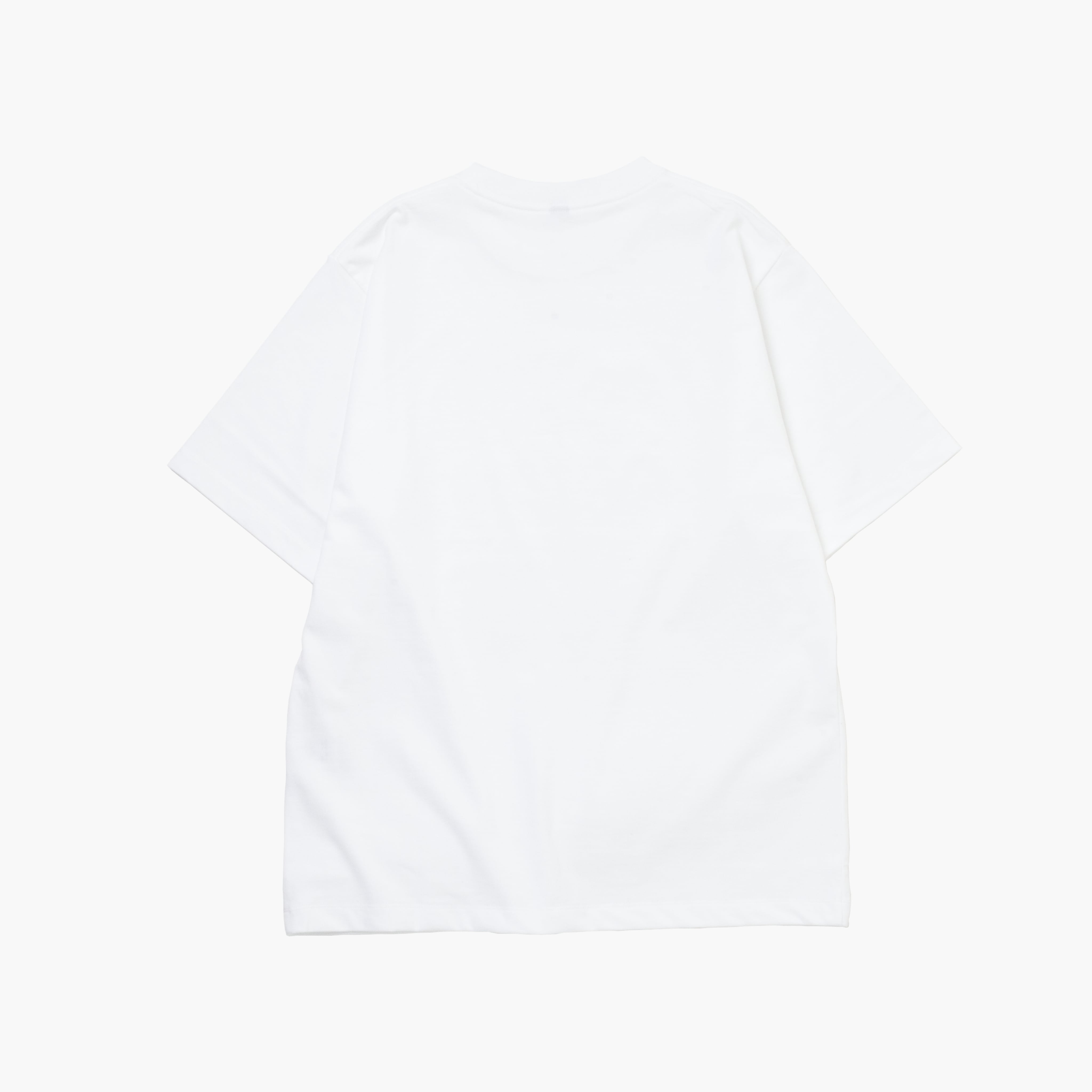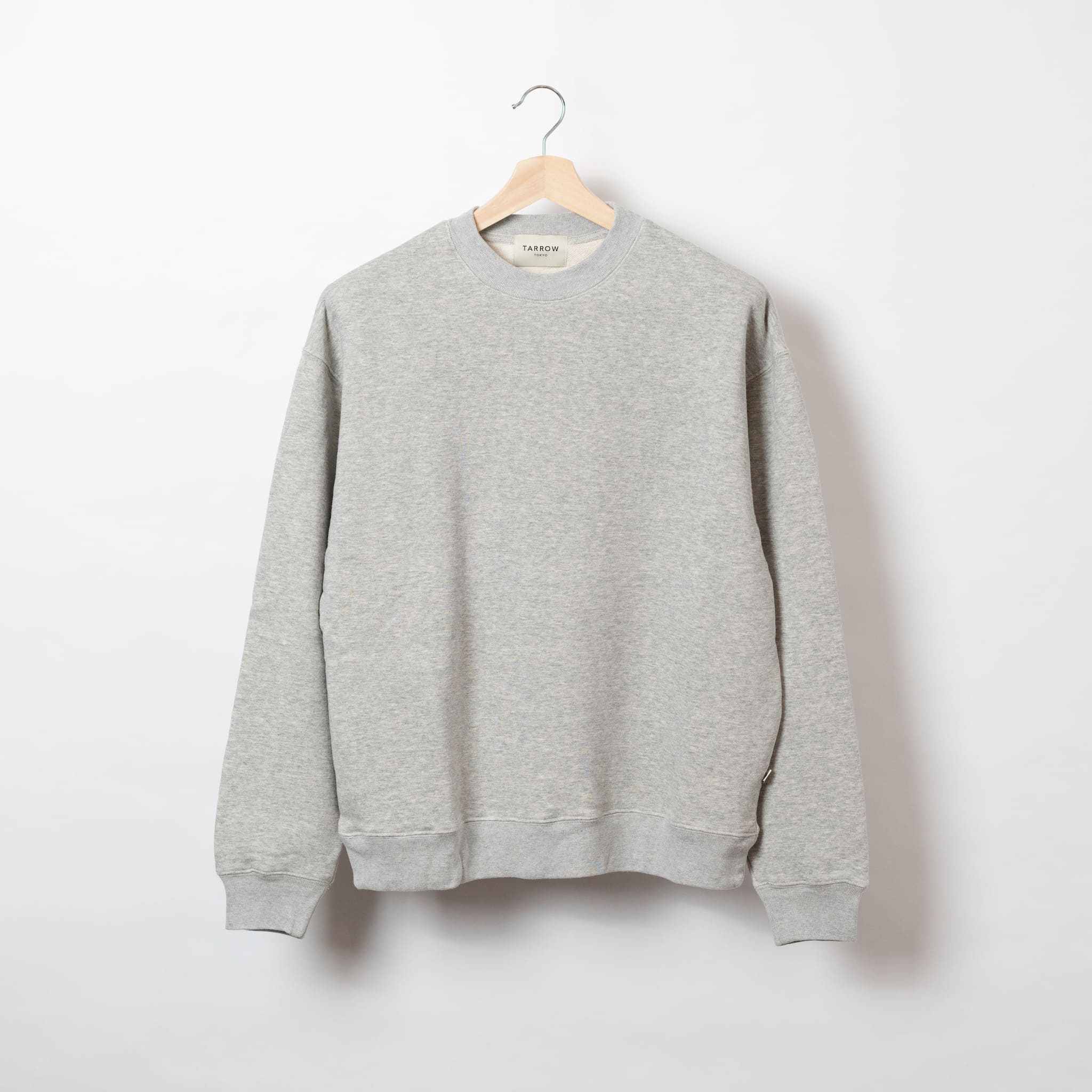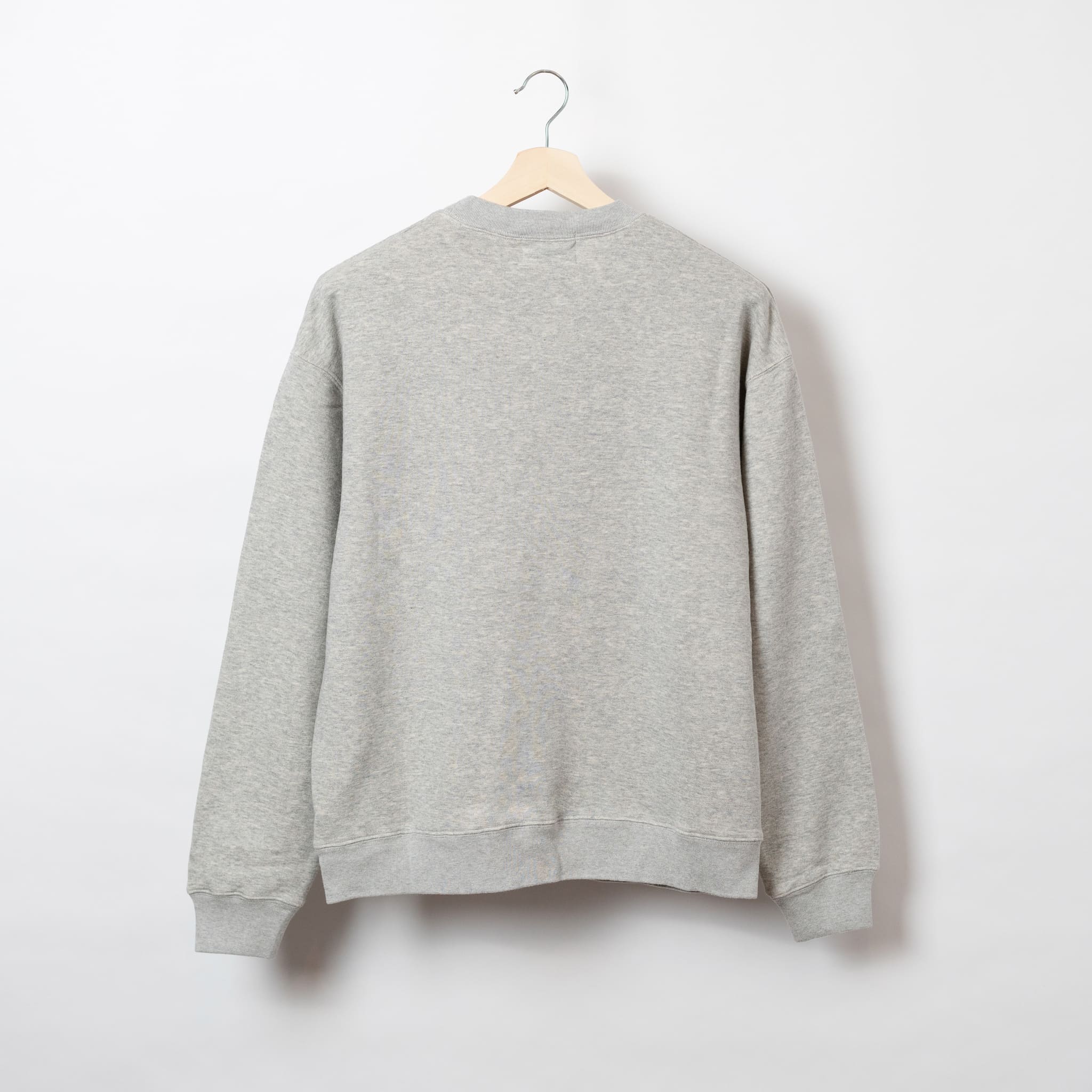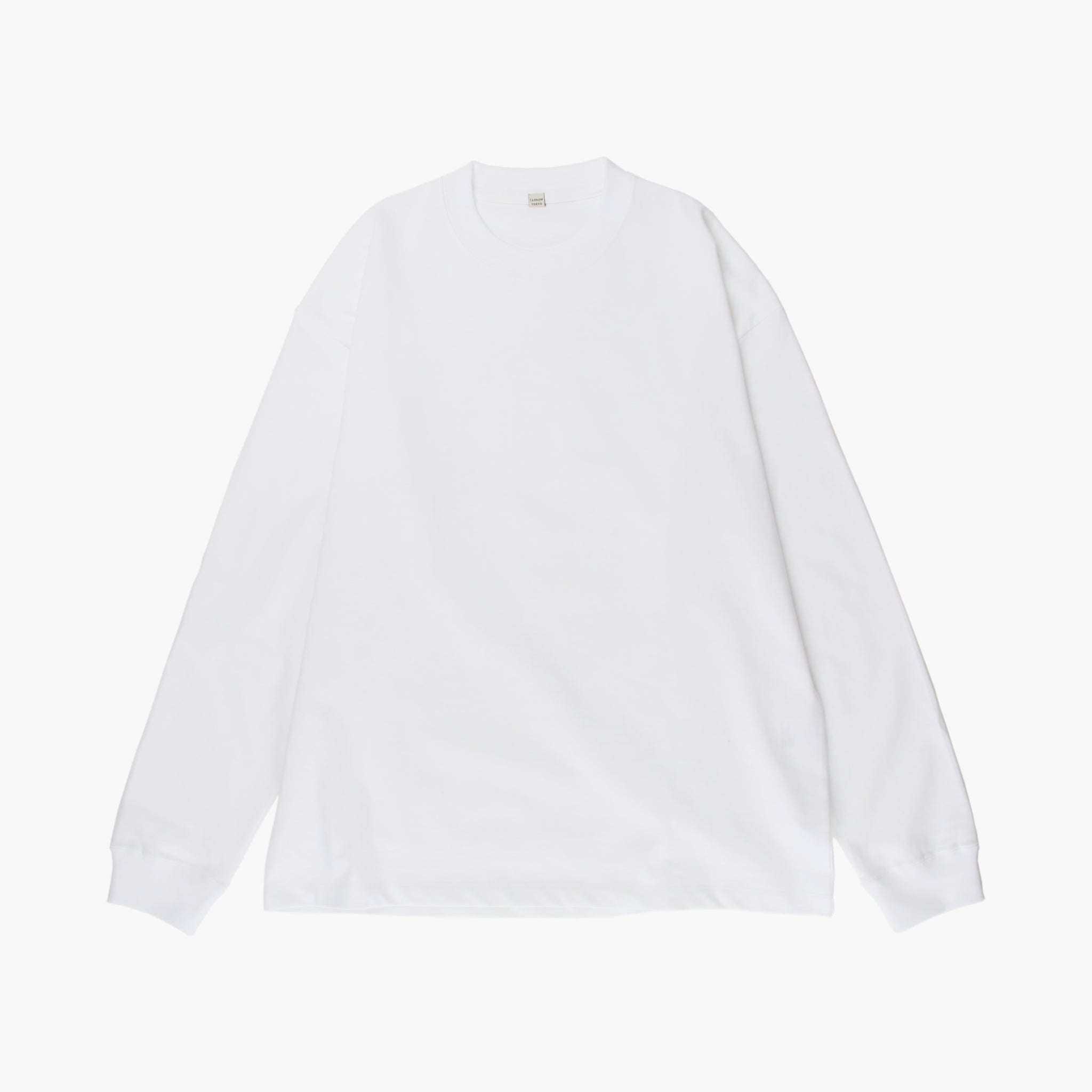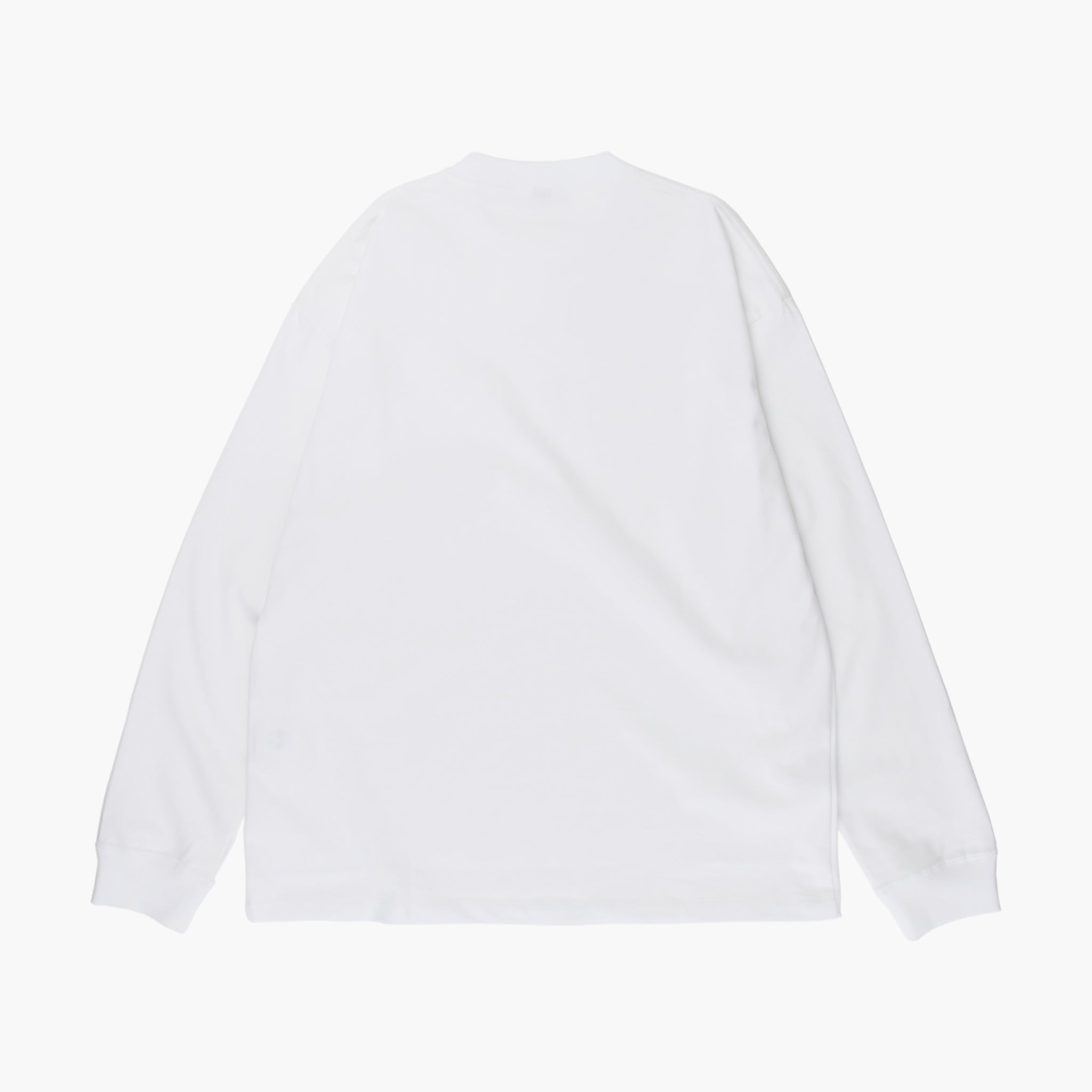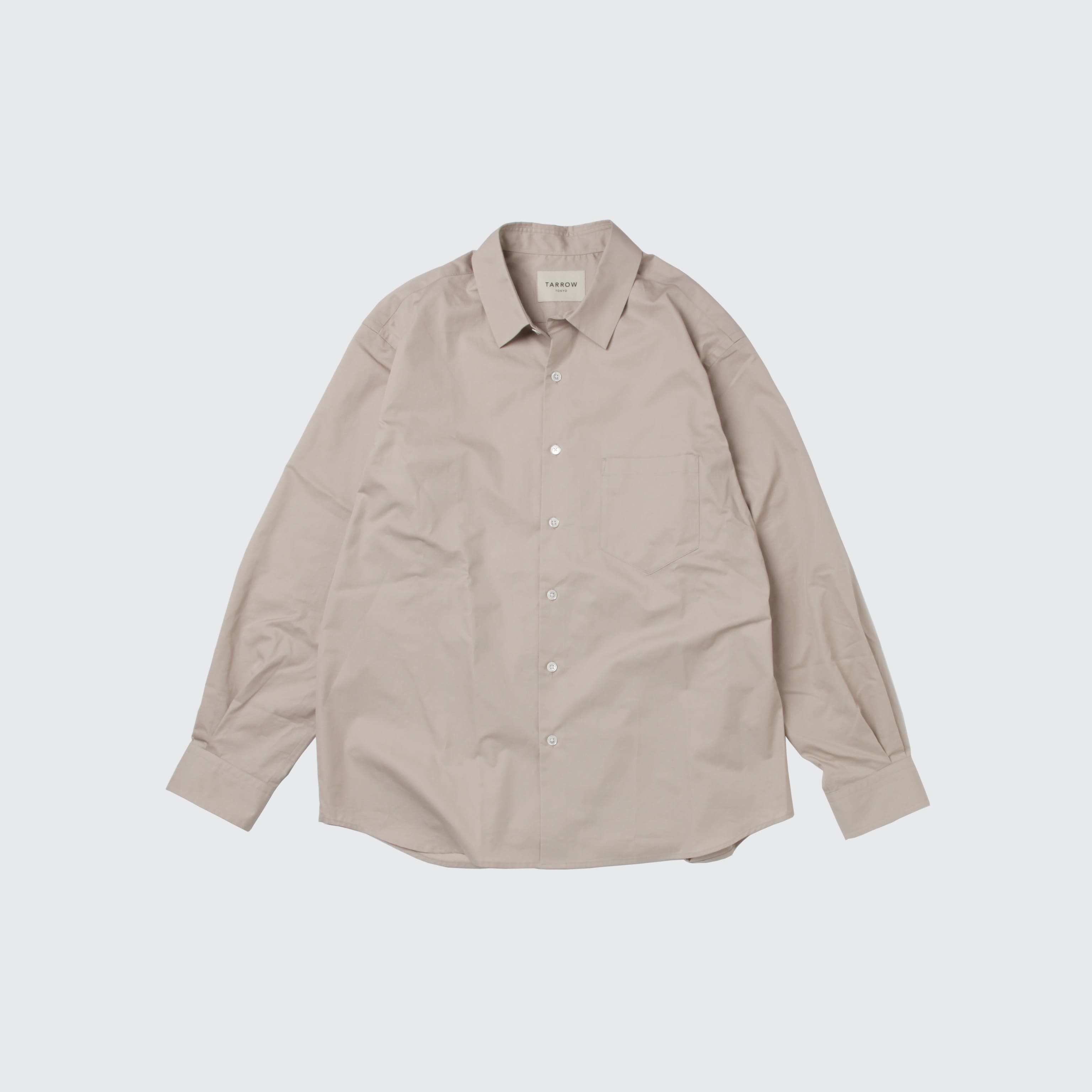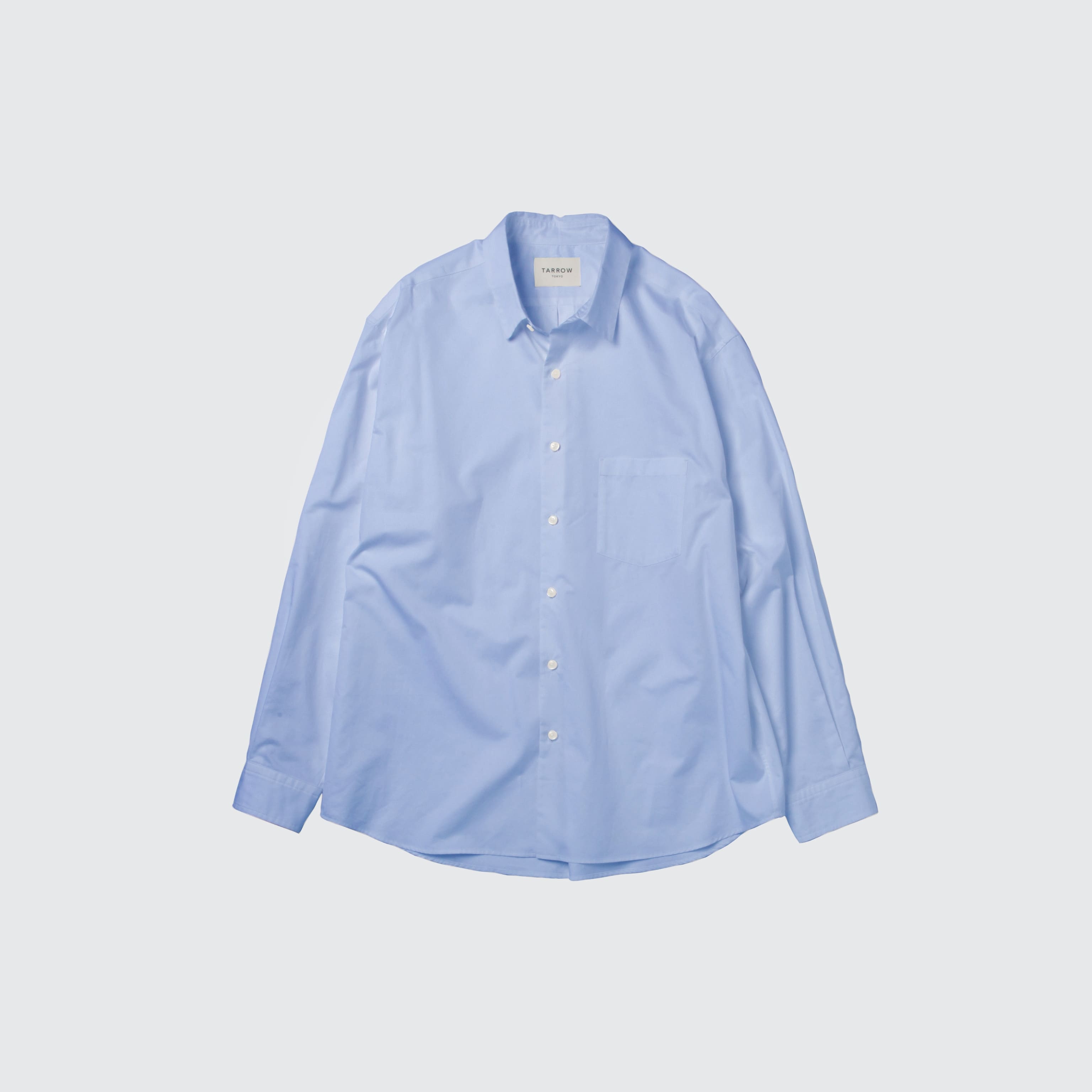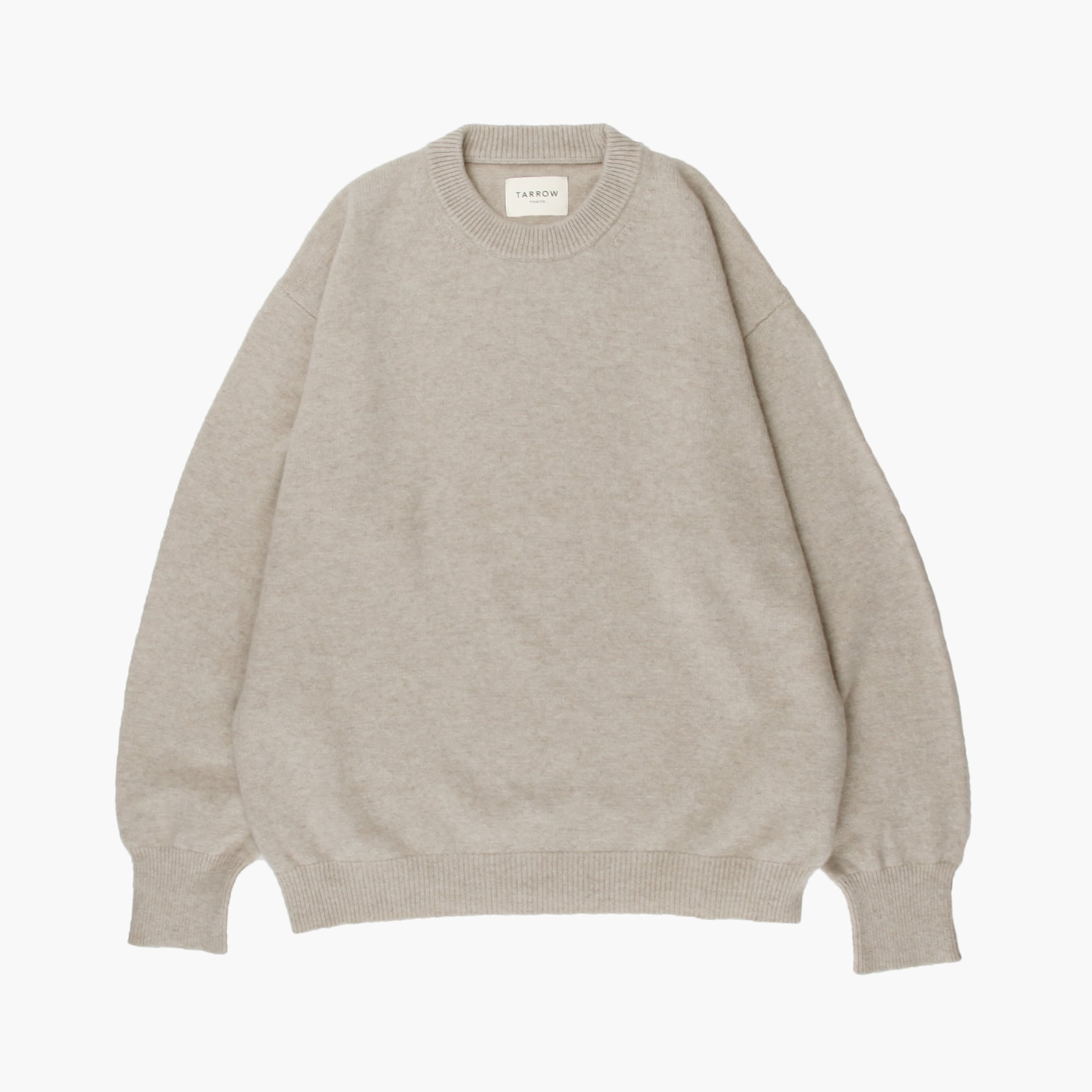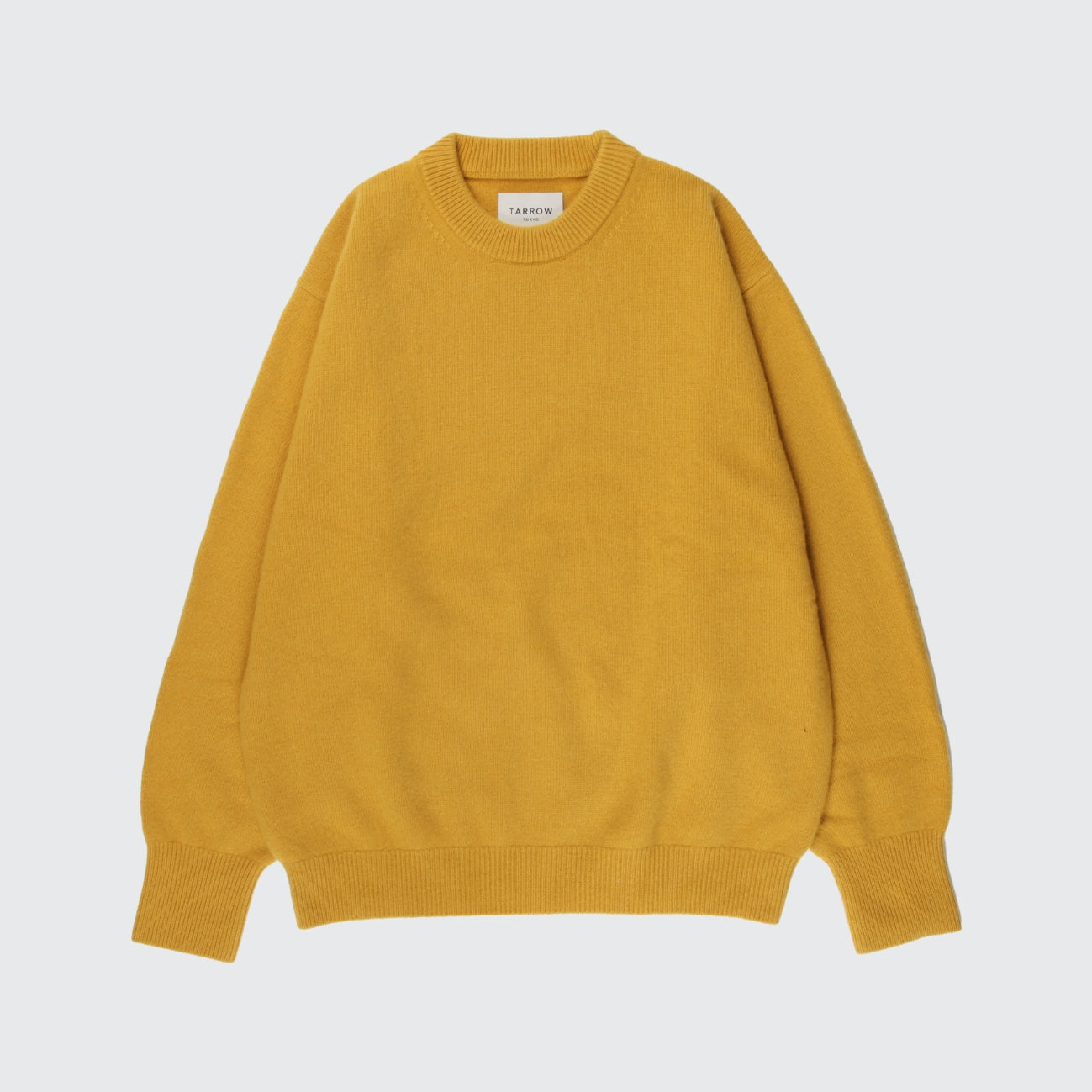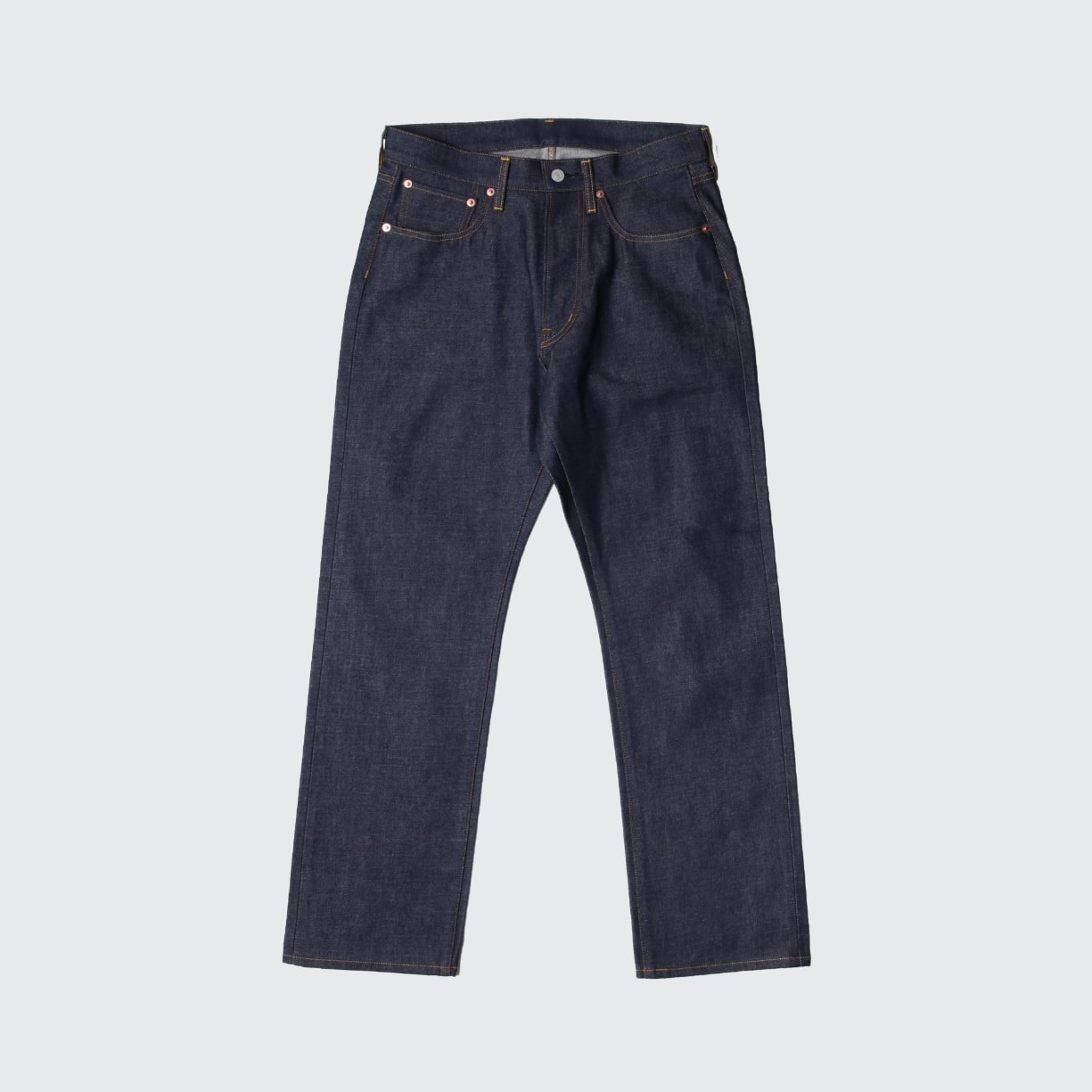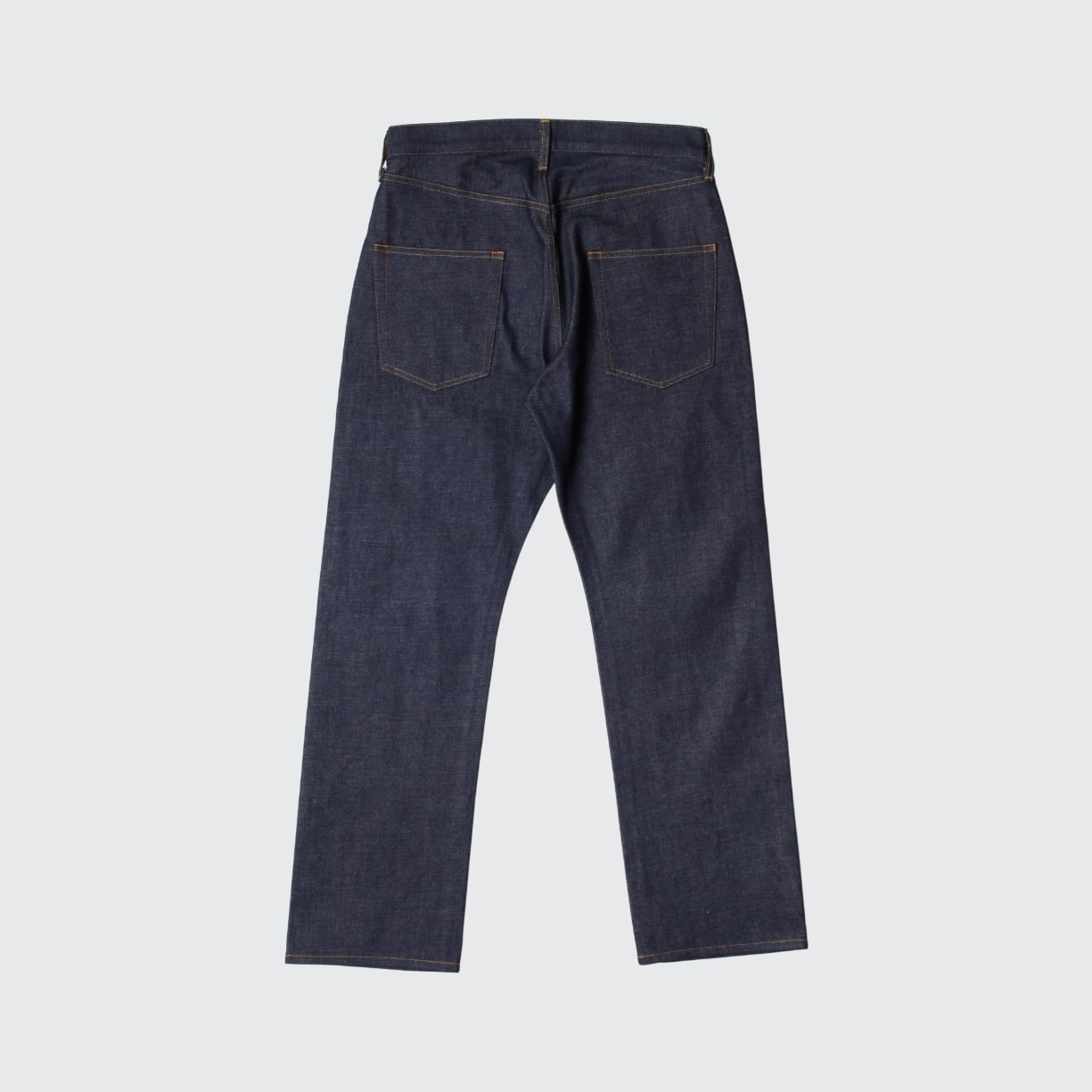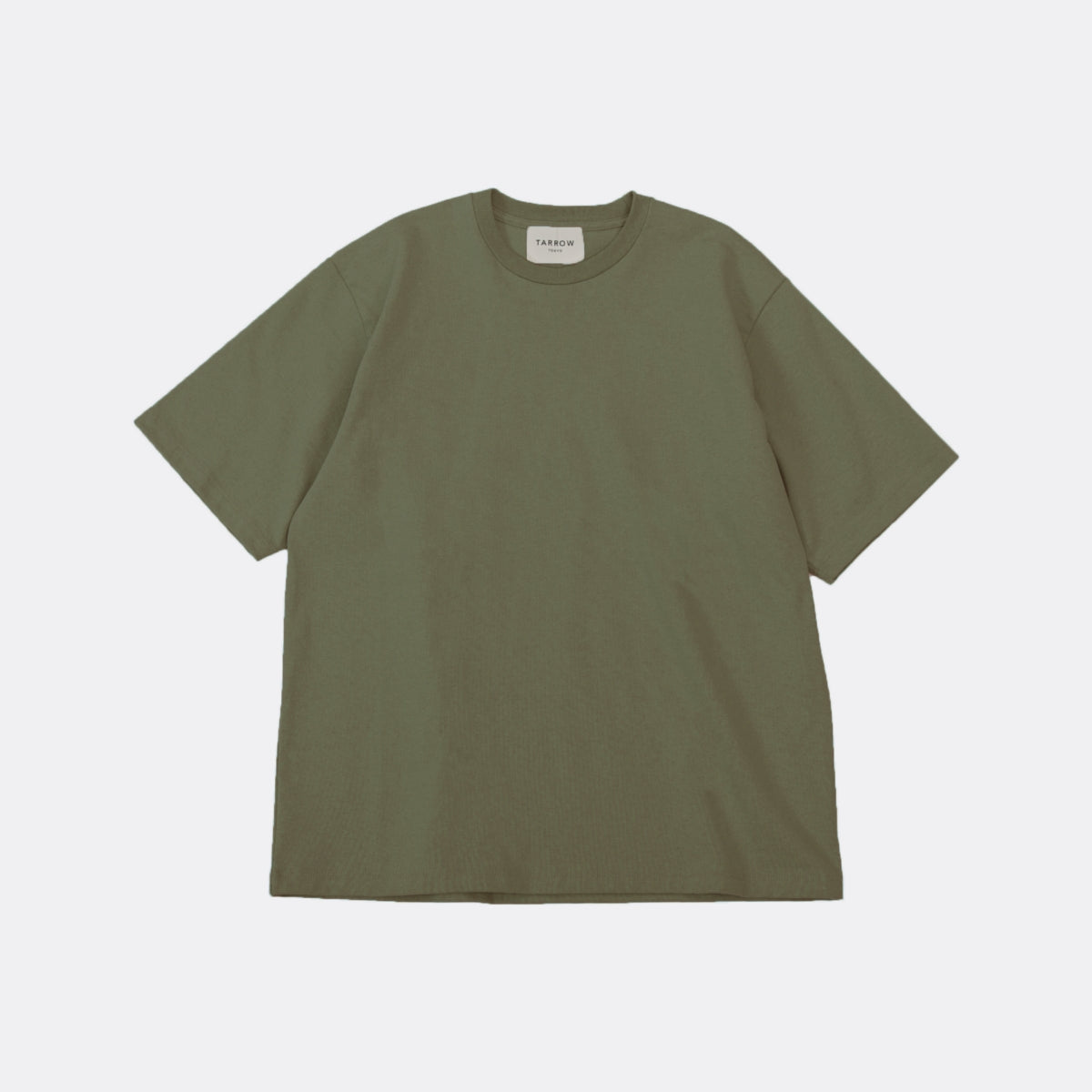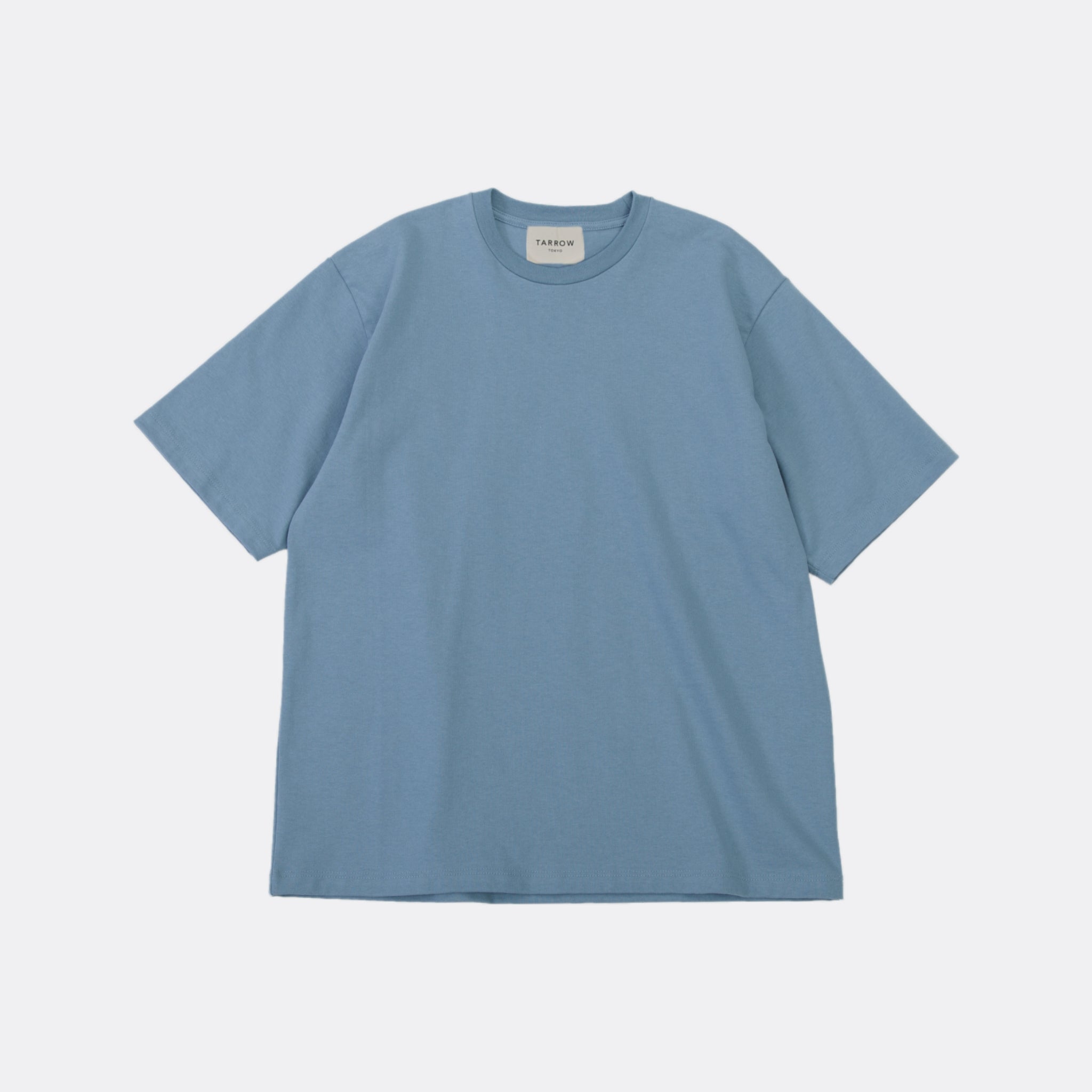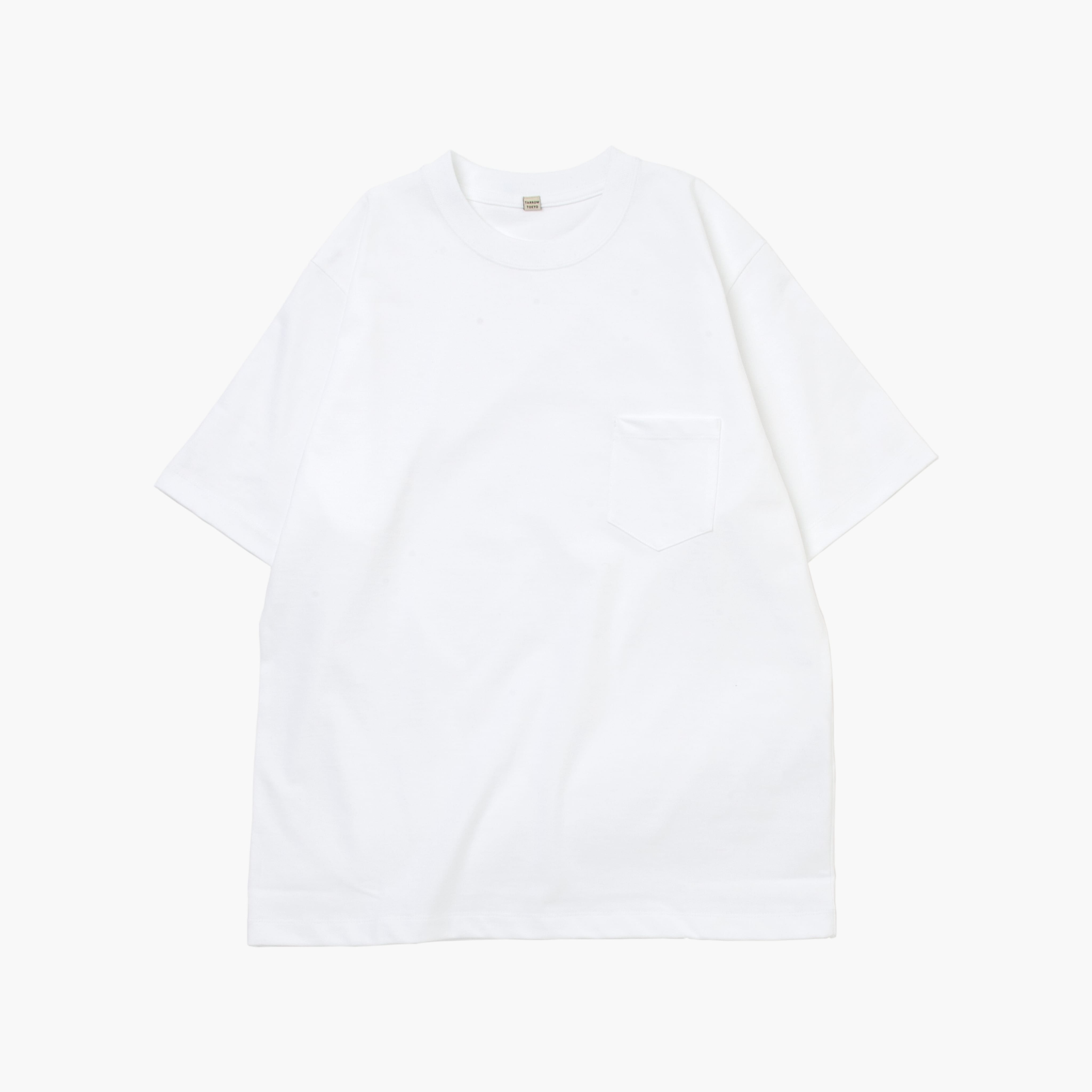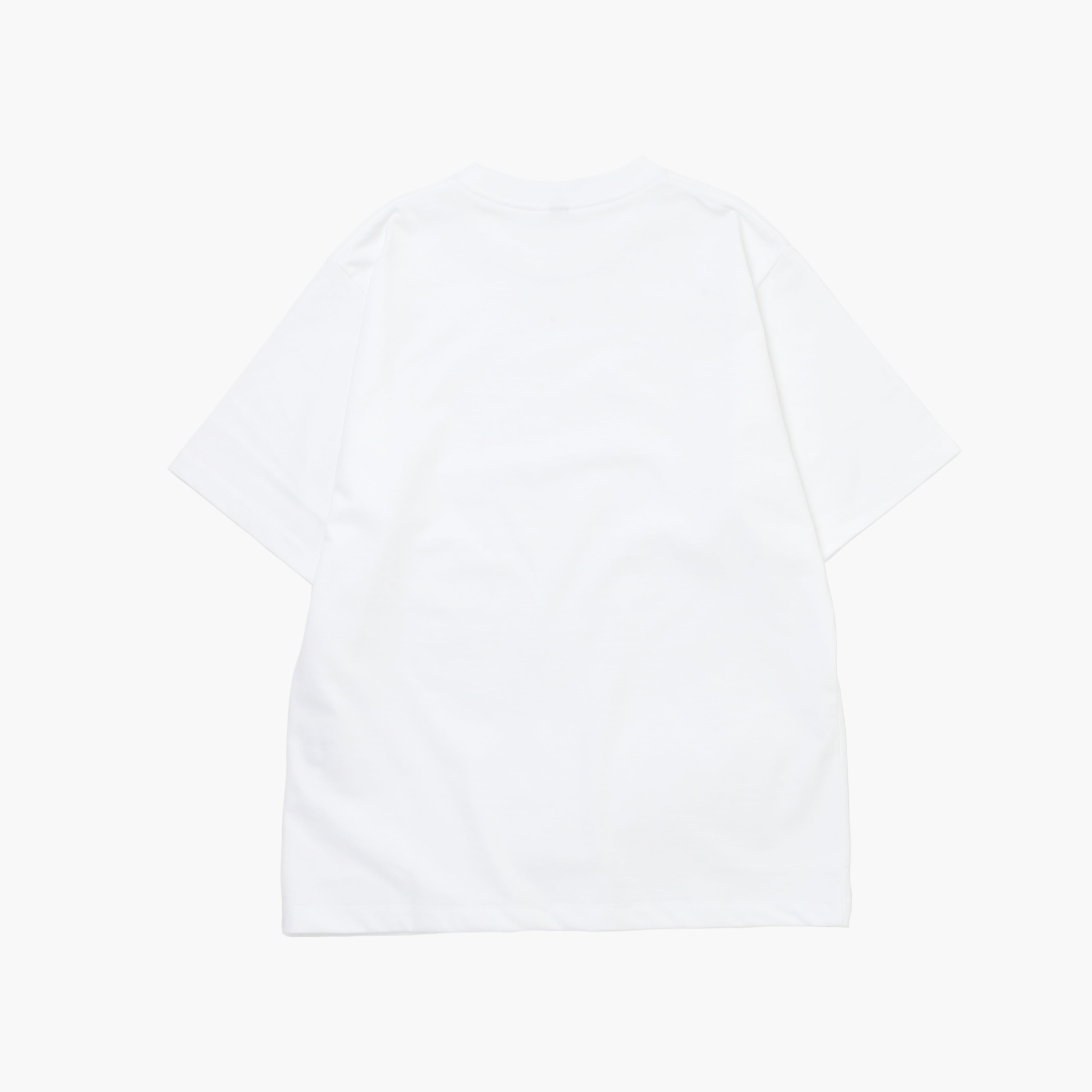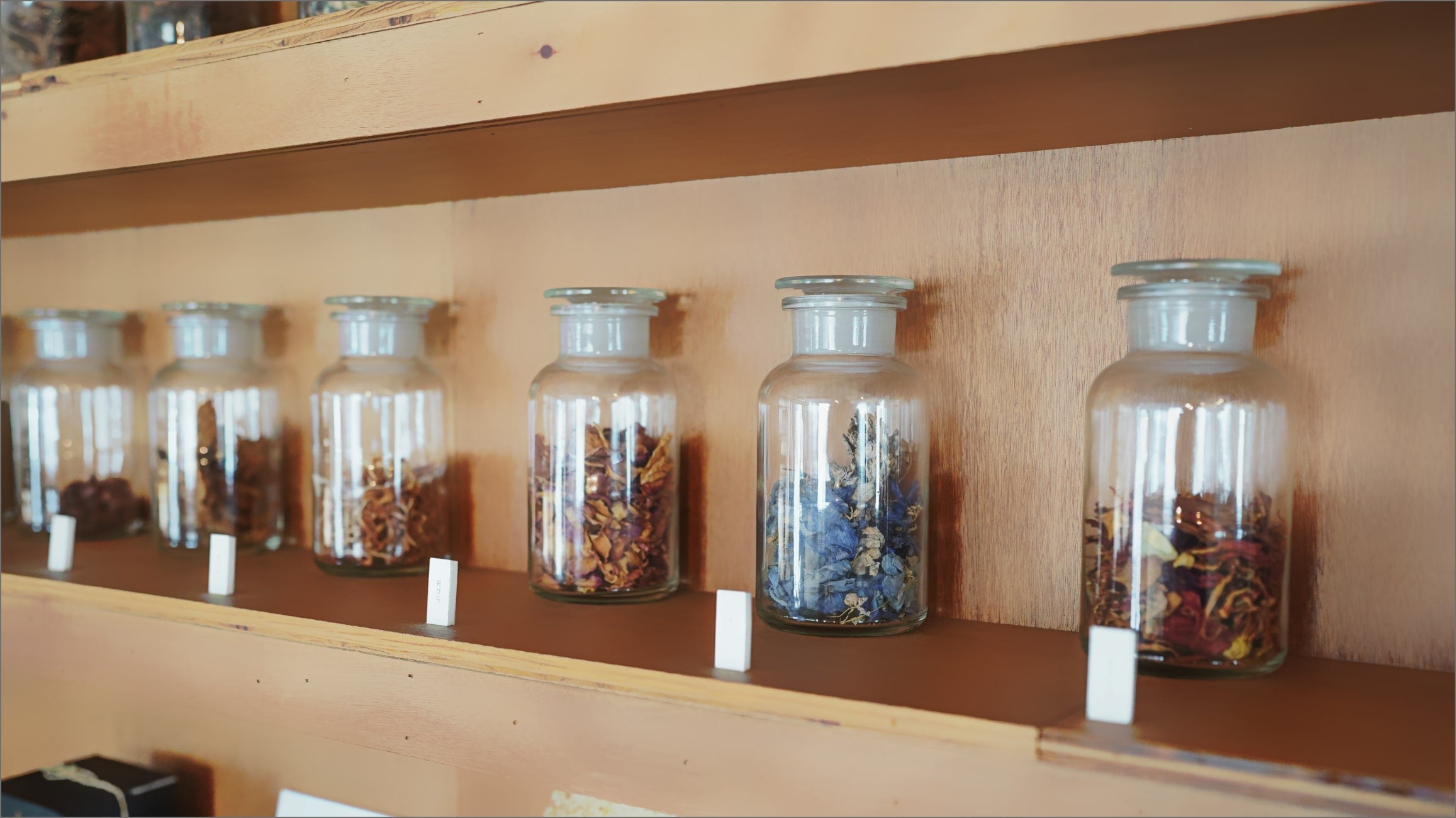
"Connecting to the next generation even after dyeing" - Fukui Press aims for a recycling-oriented society
-Can you tell us about Fukui Press?
Fukui: Our company originally started out as a dry cleaning business. I am the third generation owner of Fukui Press, and since my generation, we have shifted from the dry cleaning business to the dyeing business. Actually, I used to work as a businessman in the dyeing field, and I decided to use that experience to start a dyeing business. The equipment for dry cleaning and dyeing is quite similar, so I thought that both businesses could coexist well, and so I decided to make the switch.
 Fukui Press Representative: Shin Fukui
Fukui Press Representative: Shin Fukui
- You're the third generation, so that means you've been in business for quite a long time.
Fukui: Yes, we have a history of 86 years since our founding. Recently, we have more young employees in their 20s and 30s, and we are all working hard to become a 100-year-old company.
- It's amazing that you have 86 years of history. Did you choose this job to protect the history of your family business?
Fukui: Basically, rather than choosing it myself, I joined the family business because it was there, since I was part of the ice age generation and it was very difficult to find employment at that time. However, I felt that it would be difficult to develop just by taking over the family business, so when I was 25 or 26 years old, I came up with the idea of combining cleaning and dyeing. I once experienced dyeing work outside the home, and by using that knowledge to combine both businesses, I started a new business. This idea is the foundation of my current business.
- When you started incorporating dyeing into your business, did you encounter any resistance or difficulties from your predecessor?
Fukui: My father, the previous president, didn't have much of a preference and wasn't very interested in what I was doing. I'm often asked this question, but in reality there was no resistance at all. My father didn't really understand what I was doing, and I gradually took the lead (laughs).
As a result, looking at the current situation, if we had continued only with the cleaning business, it may have become difficult to manage. However, by introducing the dyeing business, we could continue to use the factory equipment as it was and only change the target of cleaning and dyeing. Surprisingly, dyeing and cleaning were compatible.
Dyeing and cleaning may seem like contradictory businesses at first glance, but in fact we have been able to successfully integrate the two by using the same machines for cleaning and then dyeing. Although it is necessary to use different machines, we use cleaning machines when cleaning is required during the dyeing process, which allows us to use the equipment efficiently.

- Fukui Press also handles dyeing services for individuals. What prompted you to start this?
Fukui: When the company was about 10 years old, we were producing small lots, and we started getting more inquiries from individuals asking, "Can you re-dye clothes for individuals?" At the time, the word "mottainai" ("wasteful") was becoming more widespread, and that was the catalyst for building the foundation of our current re-dyeing business. We started receiving requests from individuals and re-dying their own clothes.
Ordinary dye factories don't have the know-how to take clothes from the general public and process them, but we were originally in the dry cleaning business, so we had the know-how to take clothes from individuals, process them, and return them to them. In addition, our strength was that we could not only dye but also press them. This fit perfectly with our current business of re-dyeing used clothes. However, that wasn't what we were aiming for from the beginning, and it just worked out well after we started.
At first, there were few inquiries from individuals, so I didn't put much effort into it, but as the number of inquiries increased, I thought that there might be many people who wanted it, so I decided to take on the challenge. That was the start of my re-dyeing business 12 or 13 years ago.

- Your dyeing initiative using waste materials is also impressive.
Fukui: Yes, we originally ran an apparel dyeing business for about 25 years. However, the COVID-19 pandemic caused a significant drop in demand in the apparel industry, and our business stagnated. During that time, my sister started roasting coffee in Tokyo.
When I went to see the roasting process on my own, I noticed the waste generated during the roasting process and thought that it might be possible to use it for dyeing, so I brought it home with me, and that's how I started my dyeing business using waste materials.
Once we had established a dyeing method using coffee waste, we began to receive more and more inquiries from various sources asking if we could use our waste for dyeing. One particularly striking request came from the food industry, where avocado peels were found amongst their food waste. When we tried using this for dyeing, an astonishingly beautiful pink color emerged.
Following this success, we began trying dyeing other materials using waste materials, which has led to our current efforts.
 *Discarded coffee used as dyeing material
*Discarded coffee used as dyeing material
- You also grow mushrooms on beds. This doesn't seem related to your original business, so why did you start doing this?
Fukui: Actually, when I started dyeing with coffee waste, I wondered if I could somehow reuse the leftover grounds. If we just ended it at dyeing, new industrial waste would be generated. So I looked into it and found out that in Europe, there are cases where coffee grounds are used to grow mushrooms, and I thought that I could adopt this.
We happened to have a professor at Kinki University who was researching mushrooms, so we started a joint research project with him through industry-academia collaboration. We are now able to grow mushrooms on a bed of coffee grounds and malt, and we receive the raw materials from local coffee shops and craft beer stores.
They have also launched a new brand called "Someshokukan" based on the concept of "dye, eat, recycle," and in the future they hope to spread awareness of SDGs efforts and the potential of mushrooms by offering their products at workshops and events.
 *An object that explains how coffee waste grows into mushrooms
*An object that explains how coffee waste grows into mushrooms
 *Lampshade (left) and clock (right) made from mushroom beds
*Lampshade (left) and clock (right) made from mushroom beds
- It's very appealing that you're thinking of a system that can recycle the fabric all the way to the end, rather than just dyeing it. Lastly, could you tell us what your ultimate goal is?
Fukui: To be honest, it's difficult to say what our final goal is, because we are constantly exploring what we can do, but we feel there is great potential for recycling waste materials in mushroom cultivation, so we want to make that happen. Collaboration with the coffee industry is also an important initiative. We recently started a coffee dyeing instructor training course. This program allows people who handle coffee beans to offer coffee dyeing workshops to their customers. This allows coffee shops to reuse waste materials.
Up until now, we have held workshops in person, but our new perspective has been well received. We have also started holding online workshops, as many people from rural areas have expressed interest in participating. We have also received a very positive response on social media, and have received many orders. This has deepened our ties with the coffee industry, and has given us even more energy to expand in the future.
In summary, our current goal is to promote environmental friendliness and the creation of new value through the reuse of waste materials and the spread of new dyeing techniques.

Fukui Press Co., Ltd.
Some food return
Location:〒 579-8013 6-3-42 Nishiishikiricho, Higashiosaka City, Osaka Prefecture



